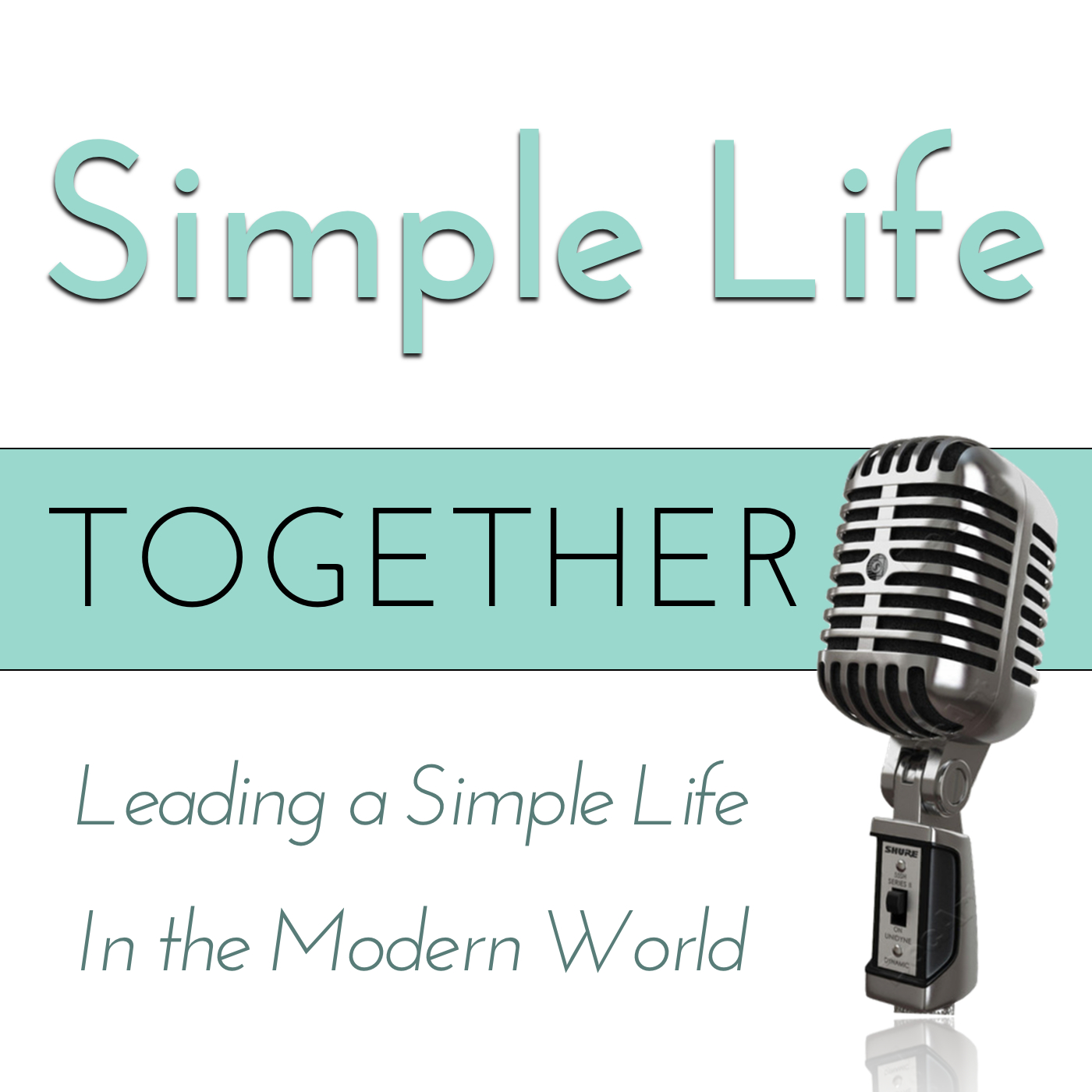
SLT 004: Benefits of Organizing & Having Less, and Some Weird Sounding Simplicity Tools That Might Just Help You Out
Podcast: Simple Life Together
Autor:Dan Hayes & Vanessa Hayes, Daniel Hayes
Escuchar Episodio
Descripción del Episodio
Benefits of Organizing & Having Less, and Some Weird Sounding Simplicity Tools That Might Just Help You Out Be sure to subscribe in iTunes and leave a review in the iTunes store! It helps others find…

Episodios Relacionados
-
SLT079: Part 2 of Still Simplifying After All These Years enero 21, 2019
-
SLT078: Still Simplifying After All These Years Part 1 enero 21, 2019
-
SLT077: Simple Answers to Listener Questions diciembre 22, 2015
-
SLT076: Simplifying to Sell Your Home julio 25, 2015
-
SLT075: 4 Critical Areas You Need to Consider When Downsizing marzo 21, 2015